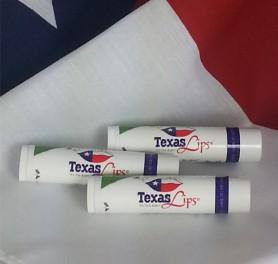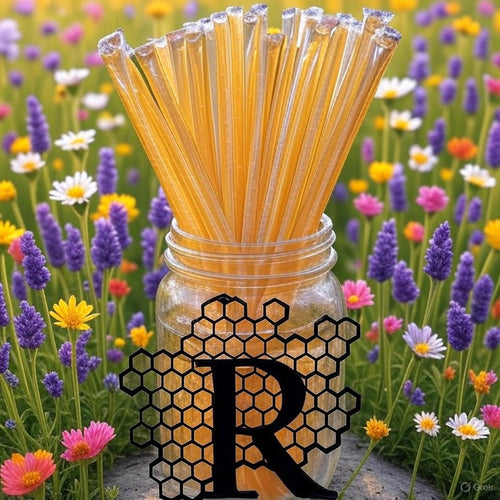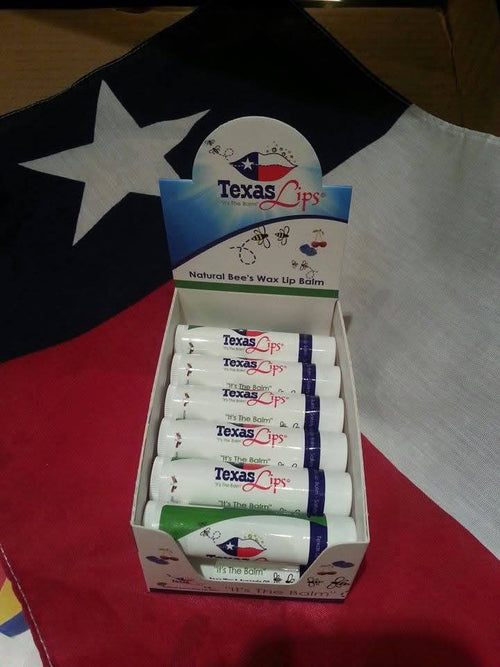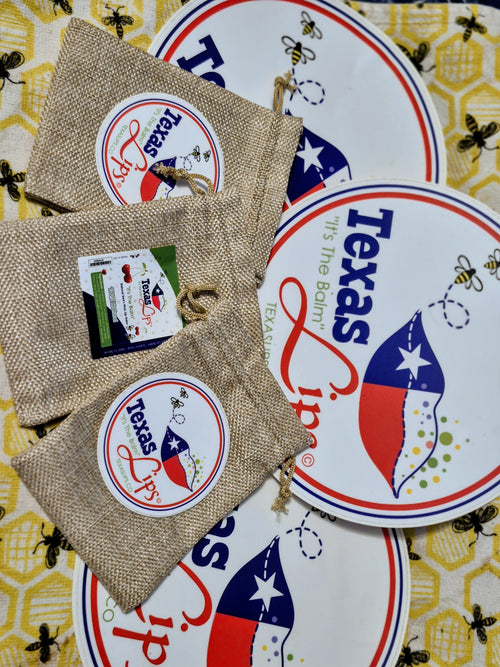The condition of your lips is often thought to depend mainly on weather changes, hydration levels, or the products you apply. While it is true that environmental factors and daily habits play significant roles in lip comfort and moisture, there is another essential factor that influences lip health from within: diet and nutrition. The foods you consume, the hydration you maintain throughout the day, and the nutrients your body absorbs all directly affect the softness, texture, and resilience of your lips.
The lips are unlike other areas of skin. They lack oil glands, they lose moisture quickly, and they show signs of nutritional shifts faster than many other parts of the body. When your body is lacking certain nutrients, or when hydration levels drop, the lips may be one of the first areas to give a visible or physical signal. This can include dryness, peeling, cracking, inflammation, or heightened sensitivity.
Understanding the connection between diet and the condition of your lips allows you to approach lip care more holistically. Natural lip balm is an essential part of protecting your lips from external dryness and environmental stress, but your lips also need internal support. When nutrition and hydration align with consistent lip care, the lips remain softer, healthier, and more comfortable throughout the year.
This discussion explores how nutrition affects the lips, why hydration is crucial, and how natural lip balm complements these internal factors to protect and maintain your lips’ condition.
The Relationship Between Lip Health and Internal Hydration
Hydration influences nearly every function in the body, including the condition and comfort of your lips. Since lips cannot produce oil to lock in moisture, they are especially vulnerable to dehydration. When the body does not receive enough fluids, the lips often dry out faster than other areas of the skin.
Signs of dehydration commonly seen in the lips include:
Tightness
Flakiness
Peeling
Cracking at the corners
Even mild dehydration can lead to noticeable dryness. This is why many people experience dry lips after traveling, drinking very little water during the day, or consuming dehydrating beverages such as coffee or alcohol.

Hydration must occur in two ways to effectively support lip health:
Internal hydration through water intake
External hydration through moisture-sealing products such as natural lip balm
Natural lip balm helps maintain hydration at the surface by keeping moisture from evaporating too quickly, especially in environments with low humidity. However, without internal hydration, the lips may still feel dry beneath the surface.
For a closer look at how hydration routines influence lip health, the perspective shared on winter wellness and hydration habits offers supportive insight:
https://texaslips.shop/blogs/news/winter-wellness-lip-balm-and-hydration-habits
When hydration is maintained consistently, and natural lip balm is used regularly, the lips are better able to retain comfort and softness.
Nutrients That Support Lip Health
Diet influences the condition of your lips because nutrients are essential to maintaining the structure and function of the skin. Certain vitamins and minerals help retain moisture, support elasticity, and prevent cracking or irritation.
The most important nutrients for lip health include:
Vitamin E
Vitamin A
Vitamin C
B Vitamins
Omega-3 fatty acids
Zinc
These nutrients help maintain healthy skin cell turnover, support collagen production, and protect the lips against dryness and environmental stress.
When the body lacks these nutrients, the lips may show signs of imbalance before other areas of the skin. This happens because the lips have thin skin that regenerates quickly. Nutritional gaps affect this process and can lead to:
Persistent dryness
Rough texture
Slowed healing from cracks or irritation
Supporting the lips begins with ensuring that your diet provides the nutrients that help maintain moisture and barrier strength. Complementing this internal support with consistent natural lip balm application strengthens the protective layer that maintains comfort throughout the day.
The Role of Essential Fatty Acids
Omega-3 fatty acids play a significant role in skin hydration and elasticity. They help reinforce the skin’s natural barrier function, which prevents moisture from escaping. When the body lacks sufficient Omega-3s, the skin can become dry, sensitive, and prone to peeling.
Foods rich in Omega-3 fatty acids include:
Flaxseed
Salmon
Walnuts
Chia seeds
Almonds
Because the lips lack oil glands, providing the body with supportive dietary fats helps maintain a more stable moisture balance. Natural lip balm provides the external layer that protects and seals in moisture, while essential fatty acids help maintain hydration from the inside out.
The balance of internal nourishment and external protection works together to support lip softness and comfort.
B Vitamins and Lip Texture

B Vitamins play an important role in maintaining healthy skin cell turnover. When the body lacks certain B vitamins, particularly B2 (riboflavin), B3 (niacin), or B12, the lips may show signs of dryness, cracking, or sensitivity.
People sometimes experience cracking at the corners of the mouth due to deficiencies in these vitamins, highlighting how nutrition affects lip comfort. Ensuring adequate intake of B vitamins supports healthy moisture retention and steady cell renewal.
Natural lip balm acts as a supportive partner to this internal nourishment by keeping the outer layer of the lips protected. The improved texture that comes from internal nutrition is maintained more effectively when natural lip balm is applied regularly, especially in dry or cold weather.
Vitamin C and Collagen Support
Vitamin C helps support collagen production, which maintains the structure of the lips. When collagen levels decrease or when the body lacks vitamin C, the lips may appear thinner, drier, or more vulnerable to cracking.
Foods rich in vitamin C include:
Citrus fruits
Strawberries
Peppers
Broccoli
Supporting collagen internally and protecting the lips externally with natural lip balm helps maintain both comfort and resiliency.
How Sleep and Diet Work Together for Lip Health
Nutrition and hydration influence the condition of your lips throughout the day, but sleep plays a vital role in restoring the lips at night. While you sleep, the body works to rebuild tissues, rebalance moisture, and renew the skin.
If sleep patterns are inconsistent or interrupted, these restorative processes slow down. This often leads to increased dryness or sensitivity in the lips.
For further insight into how lip health connects with sleep routines, the discussion on how sleep quality affects your lips provides useful detail:
https://texaslips.shop/blogs/news/how-sleep-quality-affects-your-lips-and-how-lip-balm-helps
Applying natural lip balm before bed supports the lips during this restorative process by preventing moisture loss while the body rests.
How Natural Lip Balm Complements Nutritional Lip Care
Diet and hydration support the lips internally, but natural lip balm is the essential partner that protects the lips externally. Because the lips lose moisture rapidly, especially in dry climates and during sleep, natural lip balm helps lock in the hydration that nutrition provides.
Natural lip balm maintains:
Moisture retention
Comfort throughout the day
Barrier protection against cold air and dry heat
Softness and smoothness
Unlike synthetic balms that rely on petroleum-based ingredients, natural lip balm absorbs into the lips, offering nourishment rather than a temporary surface layer.
This absorption helps ensure that the moisture your body provides internally can be preserved externally.
The Importance of Consistency in Lip Care
Nutrition, hydration, and natural lip balm application work best when practiced consistently. Lips require daily support, especially during seasonal changes. Applying natural lip balm once a week will not produce lasting softness, just as drinking water occasionally will not maintain stable hydration.

A balanced approach to lip care includes:
Daily water intake
Daily application of natural lip balm
Supportive nutrition
Mindful seasonal adjustments
Nighttime moisture protection
These small habits create significant improvements over time.
The condition of your lips reflects more than just external climate or product choice. Diet, hydration, and sleep influence lip health in ways that are subtle but meaningful. When the body receives adequate nutrients and consistent hydration, the lips have the internal foundation they need for softness and resilience. Natural lip balm supports this foundation by creating an external layer of protection that maintains comfort, prevents moisture loss, and soothes the delicate skin.
Understanding the relationship between diet and lip condition allows you to approach lip care more thoughtfully, with practices that support comfort from within as well as on the surface. By nourishing your body with supportive foods, maintaining everyday hydration, and applying natural lip balm consistently, you can experience softer, healthier lips throughout every season.





